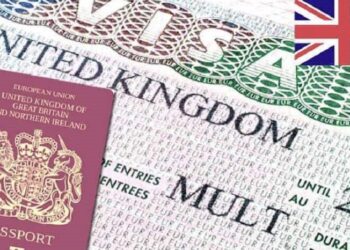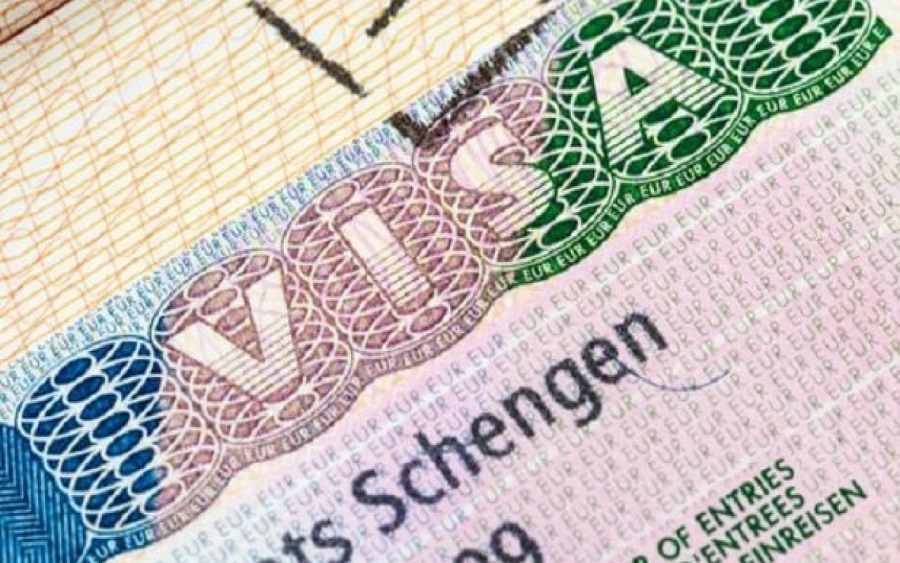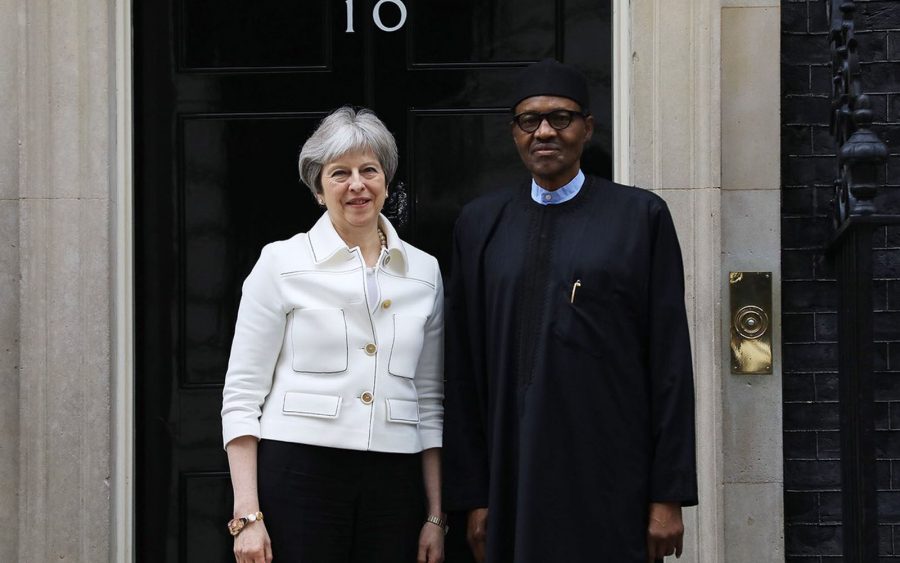Negotiators from the European Union (EU) and Britain announced they worked over the night till this morning to finalize a trade deal and avoid an economic breakdown between the two sides on January 1, 2021.
Sources on both sides said the long and difficult negotiations were on the cusp of being wrapped up as negotiators holed up at EU headquarters in Brussels.
READ: European countries ban flights from UK as new Covid-19 strain spreads
While resolving the remaining fair-competition and fisheries issues on Wednesday, negotiators combed through hundreds of pages of legal text that should become the provisional deal for a post-Brexit relationship after nine months of talks.
Everyone awaited early morning appearances by Prime Minister Boris Johnson and EU Commission President, Ursula von der Leyen, to announce the deal. The agreement then goes to the 27 EU capitals seeking unanimous approval, as well as the blessing of the EU and British parliaments.
READ: COVID-19: Moderna vaccine 94.5% effective against virus
Compromise was finally reached on those ‘level playing field’ issues, leaving the economically minor but hugely symbolic issue of fish come to be the final sticking point. Maritime EU nations are seeking to retain access to U.K. waters where they have long fished, and Britain insisted it must exercise control as an ‘independent coastal state.’
The Conservative party’s Euroskeptic European Research Group said it would carefully scrutinize any deal “to ensure that its provisions genuinely protect the sovereignty of the United Kingdom, after we exit the transition period at the end of this year.”
READ: Senate passes N13.5 trillion 2021 budget
What you should know
- Britain withdrew from the EU on January 31, and an economic transition period expires on Dec. 31.
- Despite the breakthrough, key aspects of the future relationship between the 27-nation bloc and its former member remains uncertain. But it leaves the mutually dependent but often fractious U.K-EU relationship on a much more solid footing than a disruptive no-deal split.
- Even with the deal, trade between Britain and the EU will face customs checks and some other barriers on January 1, when the U.K. leaves the bloc’s single market and customs union.
- The trade deal would avert the imposition of tariffs and duties that could cost both sides billions in trade and hundreds of thousands of jobs.
- The European Parliament has warned it’s now too late for it to approve the deal before January 1, but an agreement could provisionally be put in place and approved by EU legislators in January.
























